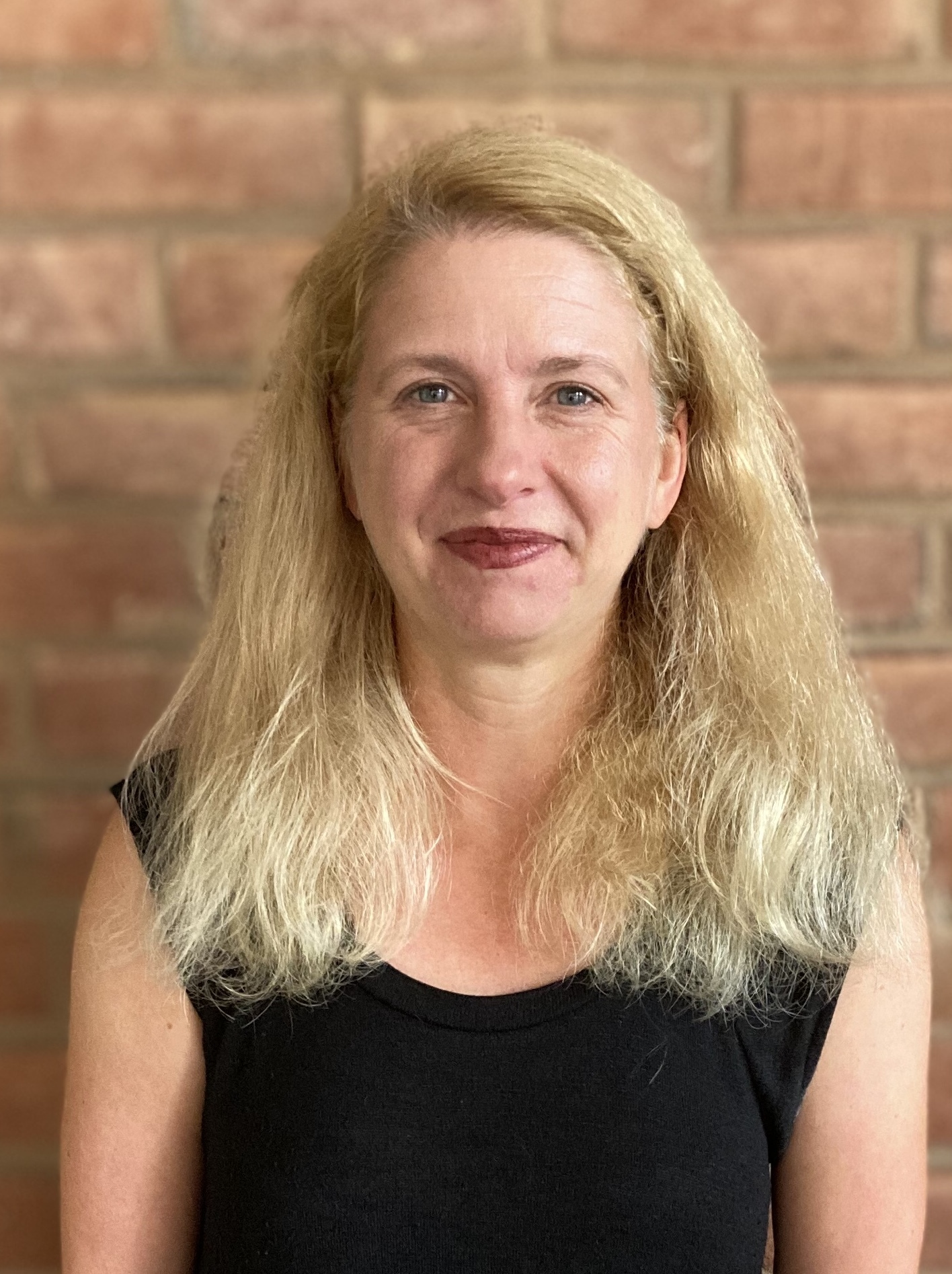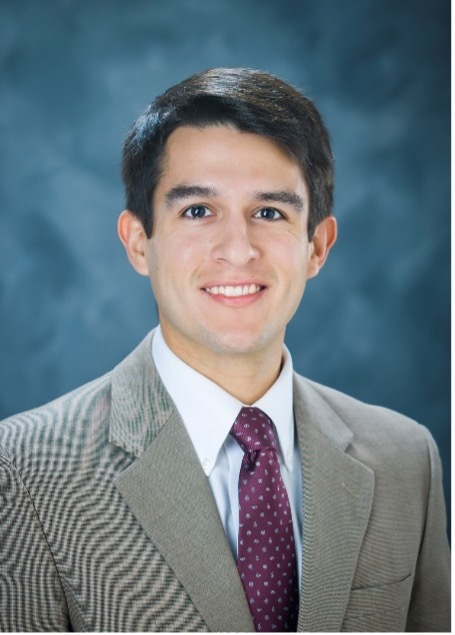
Drones: How Can They Help Your Growing Operation?
-
You must log in to register
- Non-member - Free!
- Member - Free!
Drones: How Can They Help Your Growing Operation?
Appropriately configured, Unmanned Aircraft Systems (UAS) can help floriculture producers with pest and disease scouting, monitor abiotic stresses and even apply crop production and protection products.
Drones have the potential help growers:
· Save on labor for scouting and pesticide application
· Lower pesticide volumes because of better targeting
· Significantly reduce worker exposure to pesticides
· Reduce soil compaction and erosion with less foot traffic in the fields
SAF is actively working with the USDA’s Agricultural Research Service National Program staff on opportunities to bring these technologies to the floral industry. During this webinar, USDA-ARS collaborators at Mississippi State University’s Raspet Flight Research Laboratory will share where the research stands and how it could benefit your growing operation. There will also be a Q&A session at the end of the presentation.

Dr. Joe Bischoff
SAF Senior Lobbyist
SAF/Cornerstone Government Affairs
Dr. Joe Bischoff is SAF’s senior lobbyist and a member of the agriculture and natural resources team at Cornerstone Government Affairs. His work focuses on the intersection of federal programs and the pursuit of science-based solutions to plant health and crop production challenges. Dr. Bischoff has served on a number of scientific committees including the National Invasive Species Council’s Invasive Species Advisory Committee and the National Clean Plant Network. Previously, Dr. Bischoff was with the USDA’s Animal Plant Health Inspection Service where he was National Mycologist and Lead Scientist on the APHIS Intercepted Plant Pathogen Sequence Initiative.

Katie Butler
Senior Vice President
Society Of American Florists
After gaining her love of the floral industry working for SAF from 1999-2002 as senior editor of Floral Management, Katie rejoined SAF in 2019 and supervises SAF’s communications, content and publishing and membership departments. Prior to coming back to SAF, Katie was the vice president of communications for the Independent Insurance Agents & Brokers of America overseeing its public relations, marketing, content and advertising sales functions. Katie has a B.A. in journalism and political science from Ohio Wesleyan University.

Madison Dixon
Research Director, Raspet
Mississippi State University
Mr. Madison Dixon is Research Director at Mississippi State University’s (MSU) Raspet Flight Research Laboratory (RFRL). In this role, Madison is responsible for the successful execution and strategic growth of Raspet’s research portfolio while supporting the broader research and economic development objectives of MSU. Prior to joining MSU he worked in both industry and academia since 2010 as an Unmanned Aircraft Systems (UAS), Geographic Information Systems (GIS), and Remote Sensing expert. His research interests focus on the interdisciplinary application and advancement of these technologies to solve modern geospatial challenges. Madison holds a BS degree in Interdisciplinary Studies from Delta State University and a MS degree in Geospatial Technologies from MSU. He is also a certified Project Management Professional (PMP) and Federal Aviation Administration (FAA) licensed Remote Pilot with multiple FAA Certificates of Authorization/Waiver and over 1,800 hours of UAS operations conducted across the U.S. In addition to his role at MSU, Madison also serves as President of the Mississippi Chapter of the Association for Unmanned Vehicle Systems International (AUVSI).